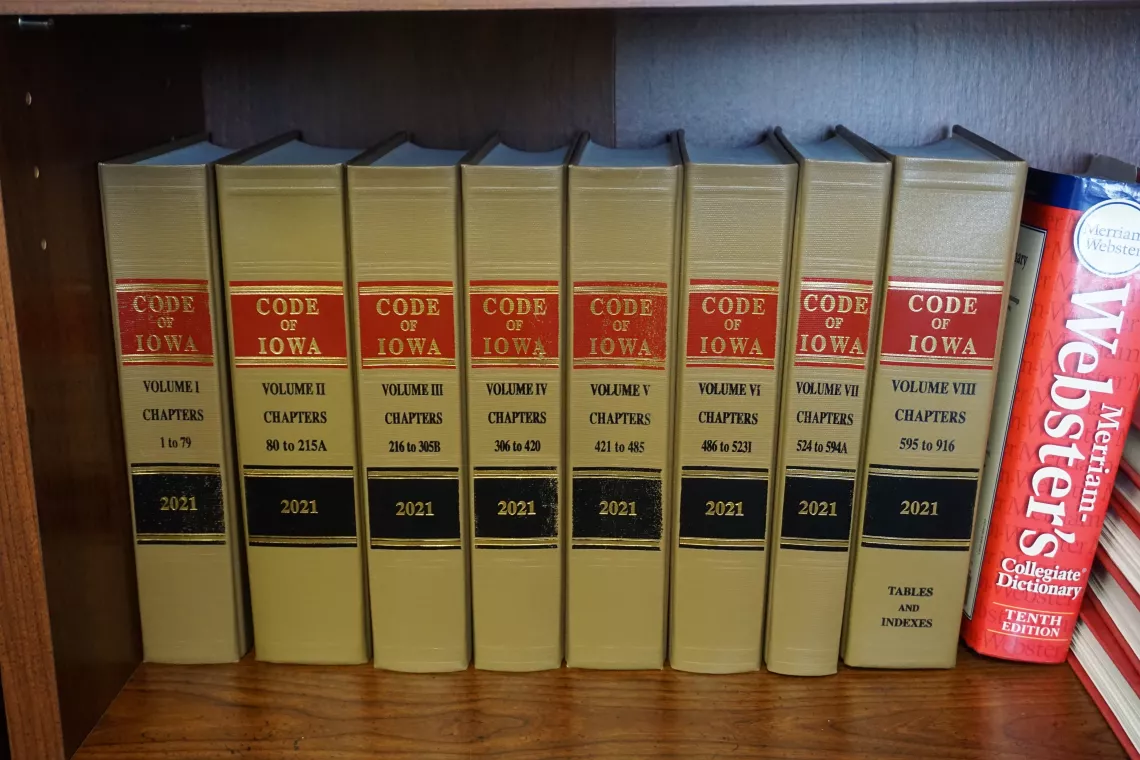Repealing Every Rule Every 5 Years
Update: The legislature passed this bill and it is now waiting for a signature or veto by the Governor.
Once a law is passed, the state agencies write rules that lay out how the law is going to be implemented - details on how the law will be handled within the agency. Some federal laws and regulations also require the state agency to issue rules. The process of writing the rules, holding public comments, and getting approval for the rules is called rule-making.
Bill SF2370 involves the rulemaking process. Among other things, it enshrines the Governor's Executive Order 10 into law. SF2370 would repeal every single rule every 5 years and then have the rules re-instated through rulemaking.
It is a waste of taxpayer dollars to go through this kind of process. This is at a time when the government agencies are feeling understaffed and public needs are not being met.
There is no question that obsolete rules can be and should be repealed. But to repeal every rule on a 5-year time-table is unnecessary.
We have been dealing with Executive Order 10 for over a year. Based on that experience, it is obvious that repealing every rule and re-instating some rules is a costly and time-consuming exercise for the government agency, for the regulated community, and for others who are interested in or affected by the rules. The regulated community and public who want to be engaged in the rulemaking process must review and evaluate the proposed rules and participate in several public comment periods for each rule.
The whole process of rewriting the rules feels very chaotic. In fact, during the current process, the draft rules have needed revisions because they were not exactly following the state and federal laws. That is the level of detail that the regulated community and public are currently having to engage in the rewriting process.
The revised rules can be difficult to follow and figure out how the pieces fit together, particularly if other laws and rules are referred to rather than actually written in the rules. What this means is that to follow some rules, one would need to look at federal laws, federal rules, state laws, along with other Iowa rules, and even materials on websites (such as forms that need to be filled out). Once they are fully implemented, the revised rules are not going to be easier for the regulated community and public to use and understand.
The metrics (used by the Department of Natural Resources) for the current rewriting of the rules include how many pages are being reduced and how many words are being reduced. Underlying the executive order was a requirement to reduce the use of restrictive terms (restrictive terms are the words shall, must, may not, required, prohibited).
This has already passed the Senate and is going to be considered by the House.
Ask your representative to oppose SF2370.
